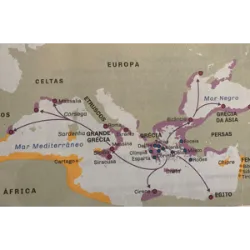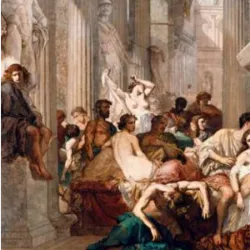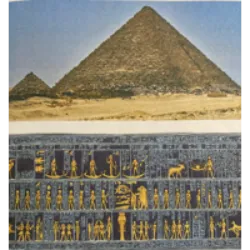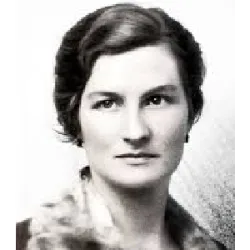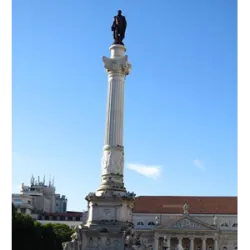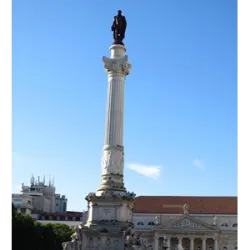COVID-19 Pandemic

In 2019, the world was hit by an unprecedented pandemic caused by the SARS-CoV-2 coronavirus, which led to COVID-19, a highly contagious disease. The outbreak was initially detected in China and quickly spread across the globe, resulting in millions of infections and deaths. In March 2020, the World Health Organization (WHO) declared COVID-19 a pandemic.
The impact on public health was devastating. Healthcare systems in many countries were overwhelmed, with hospitals overwhelmed and essential equipment in short supply. The virus spread rapidly due to its transmissibility, forcing governments to implement strict social isolation and quarantine measures.
Economically, the pandemic caused a global recession, with a drop in production, business closures, rising unemployment and an unprecedented financial crisis. International trade was also severely affected, and many countries faced challenges in distributing effective vaccines and treatments.
Social interactions were profoundly altered, with physical distancing, mandatory mask-wearing and the transition to remote working and online learning. The pandemic has also highlighted social and economic inequalities, exacerbating mental health and well-being issues around the world.
Did you know?
